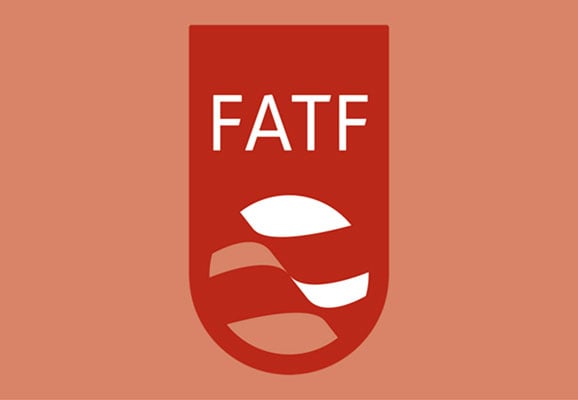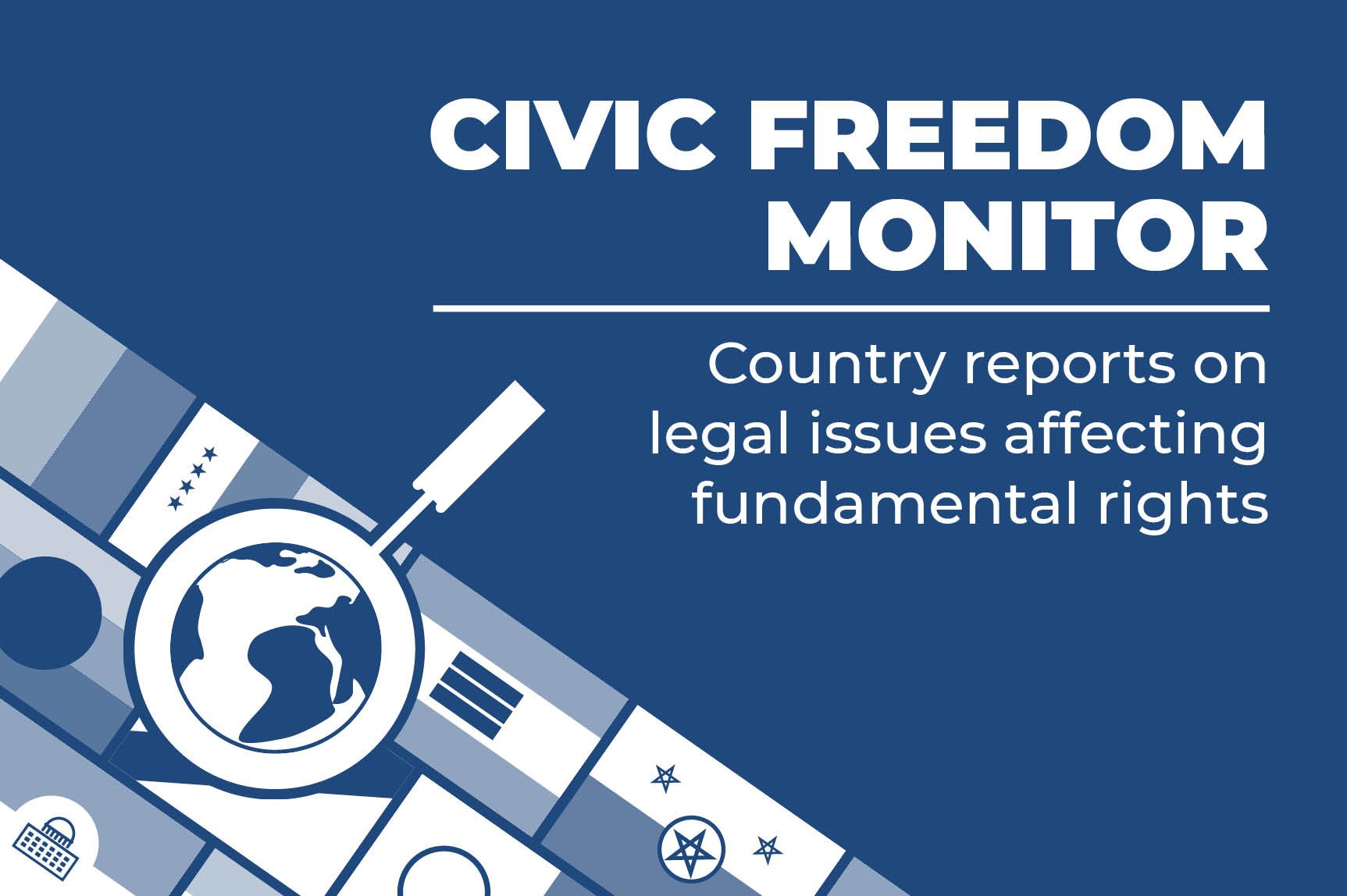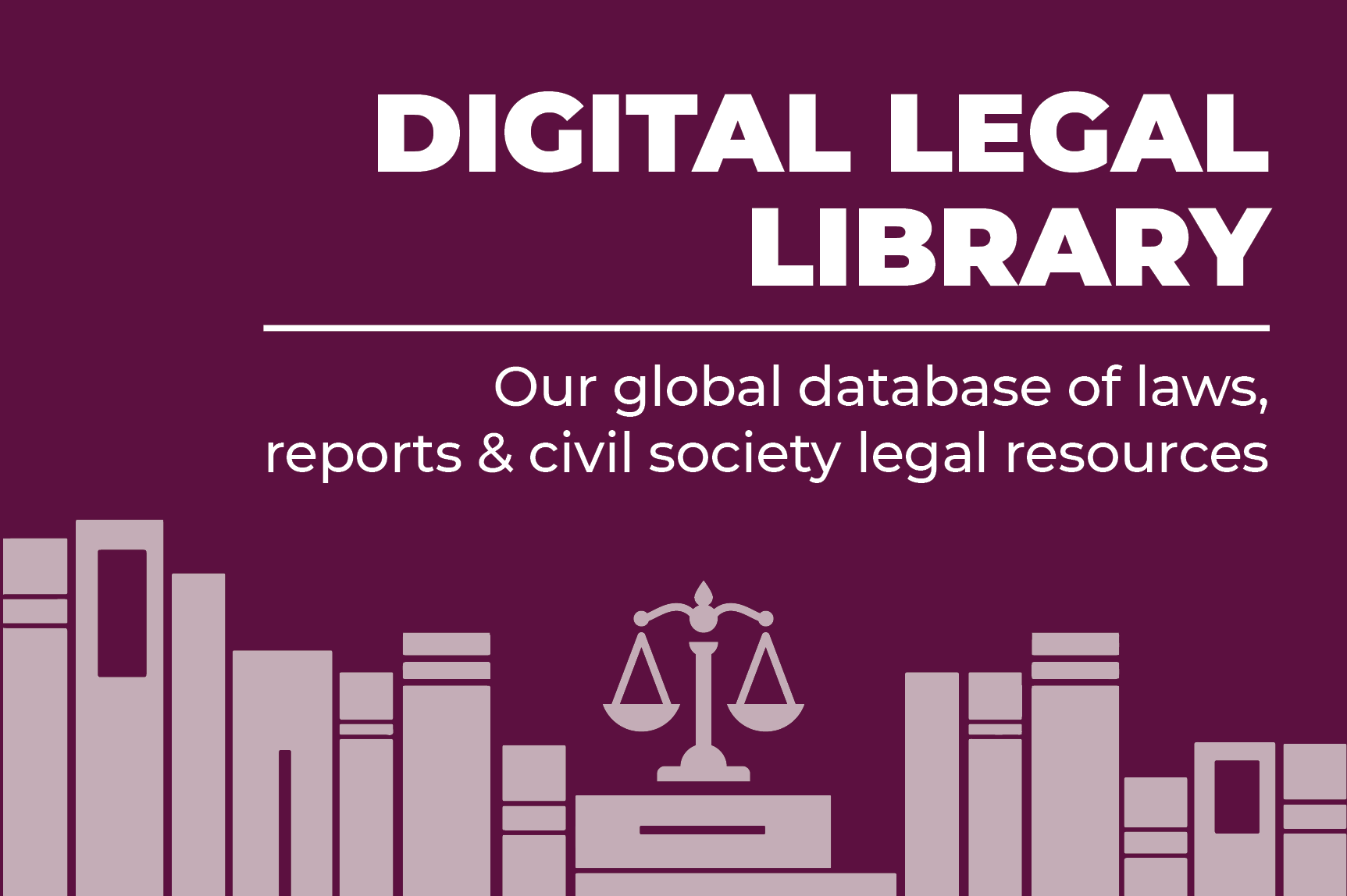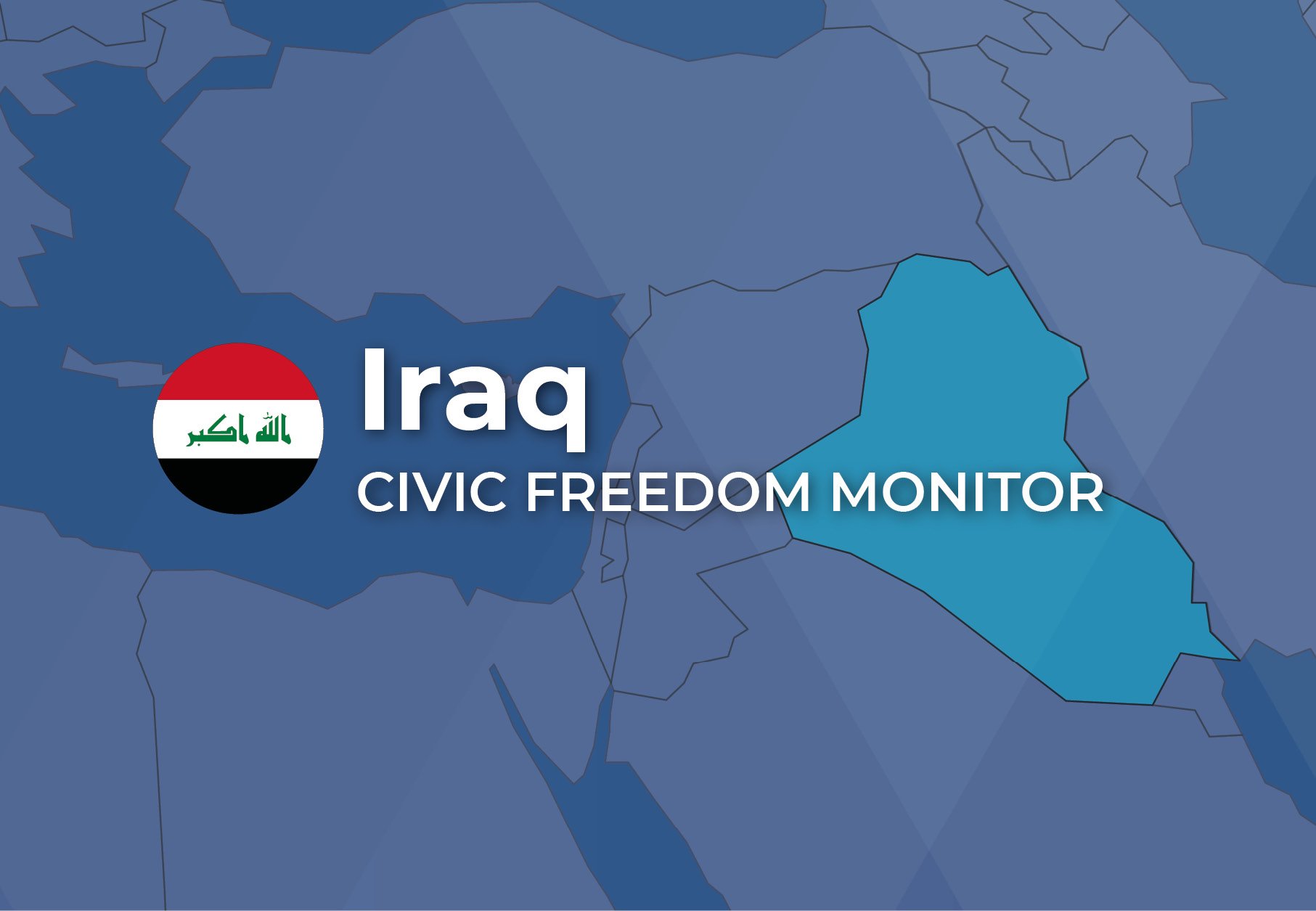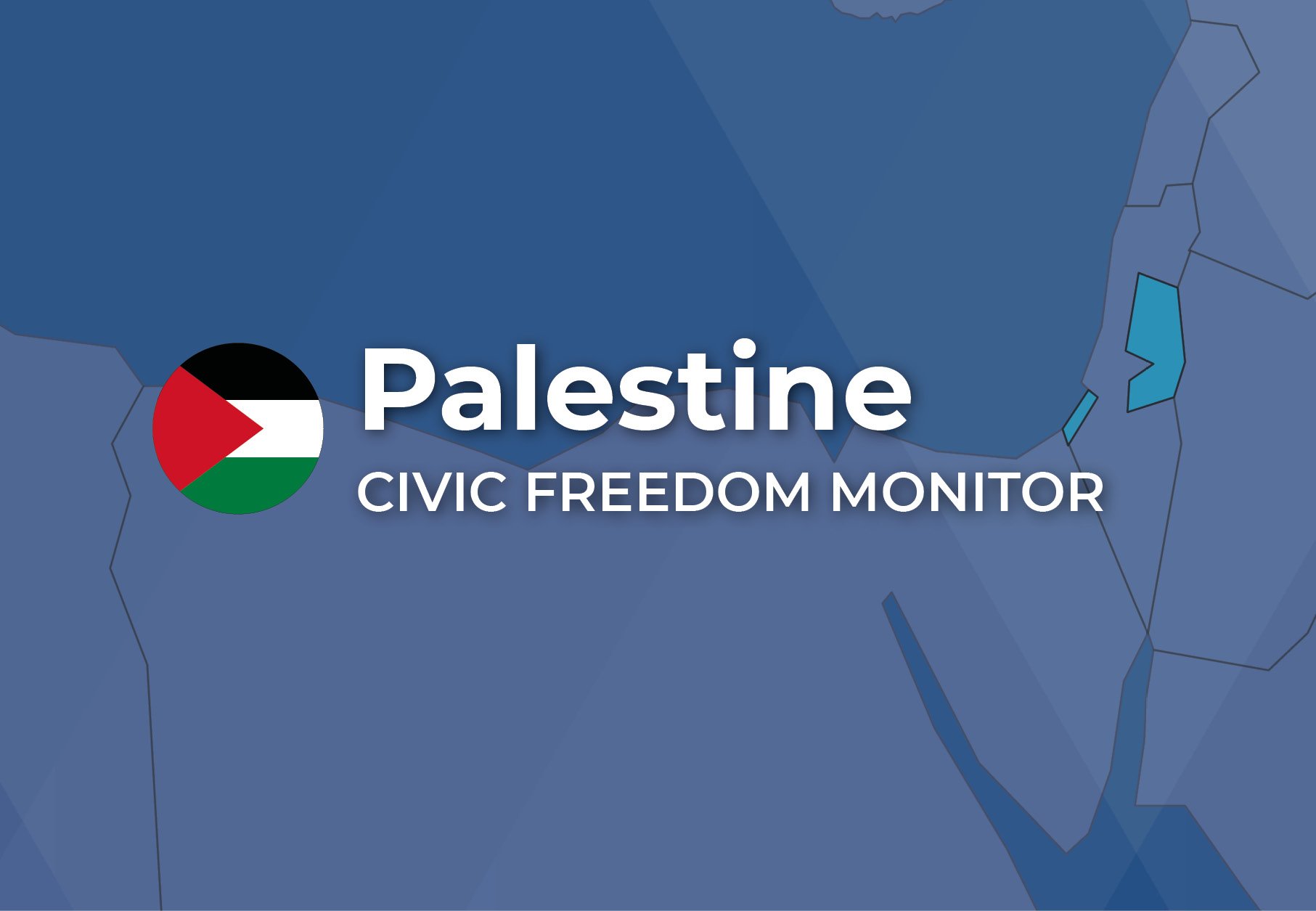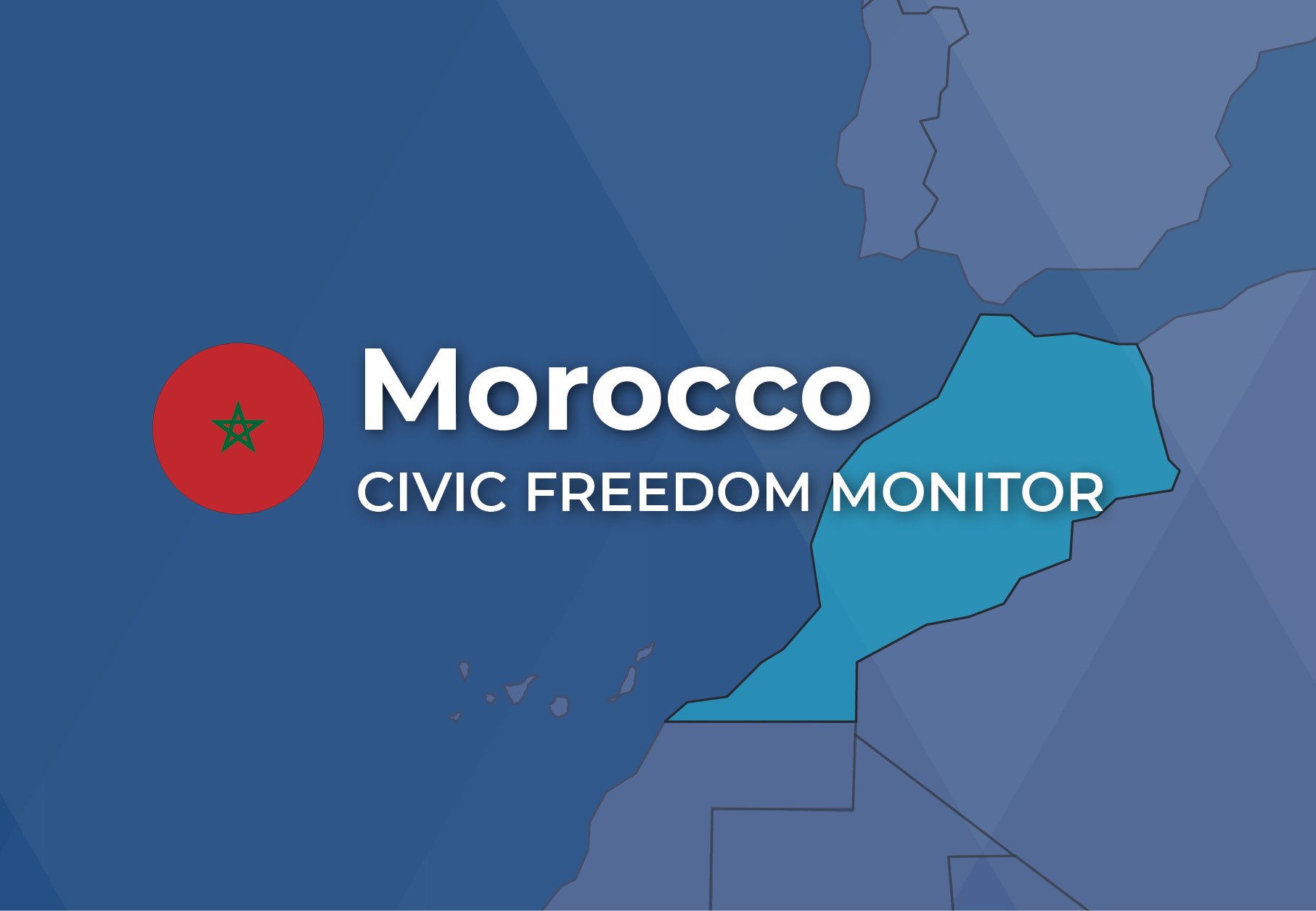ICNL’s Middle East and North Africa program promotes an enabling environment for civil society across the region. We strive to advance civic freedoms through our partnerships with local civil society leaders, government officials, lawyers, academics, and other stakeholders with whom we cooperate on initiatives ranging from legal reform to advocacy campaigns. We currently have active projects in Iraq, Jordan, Lebanon, Morocco, Palestine, and Tunisia, and we maintain up-to-date reports on the legal framework for civil society in ten countries.
Middle East & North African Program
Be sure to browse our Country Overviews and Key Resources.
15+ years
Working in the region, making ICNL a leader in the area.
16 countries
ICNL has worked in across the region.
22 reports
On a diverse range of issues affecting civil society.
Recent Highlights
Workshop: Overview on FATF Recommendation 8 in the MENA Region
In April 2022, ICNL LLC held a workshop for civil society organizations in the Middle East and North Africa (MENA) with FATF and the importance of complying with Recommendation 8. The workshop discussed FATF’s role in combating money laundering and terrorist financing, raised awareness about the FATF standard and its risk-based approach, and promoted the participation of organizations in regulatory initiatives that aim to comply with AML/CFT obligations under FATF Recommendation 8, as well as provide AML/CFT related resources to help organizations better advocate in the process. Watch a recording of the workshop here.
Regional Government Responses to COVID-19
The pandemic has created new challenges for civic space across the region. Many governments have responded by imposing restrictive measures, including emergency laws, lockdowns, curfew orders, bans on gatherings, and employed new surveillance technology to track the virus’s spread—with troubling privacy implications. While some restrictions on fundamental rights may be necessary to preserve public health, international law requires that restrictions be limited to those that are strictly necessary. Learn more about regional government responses to the coronavirus, using information from the ICNL-ECNL COVID-19 Civic Freedom Tracker, here.
Freedom of Expression Online in Jordan
In Jordan, seventy-five percent of adults use social media daily. Since October 2017, Jordan’s government has repeatedly attempted to amend the law on cybercrimes to regulate the use of social media in ways that would limit or inhibit free expression online. To foster deeper understanding of the laws and regulations aimed at social media use, ICNL developed a guide that explores the right to online freedom of expression in Jordan, as well as a suite of videos that explain the issue. The guide (available in English and Arabic) can be downloaded here, and the videos can be viewed on our Facebook page.
Country Overviews
ICNL currently has active programs in five countries.
Key Resources
Disinformation: The Legislative Dilemma
With the development of social media platforms that have become a rapid source of news spread, concerns are growing about the spread of disinformation and fake news. This introductory briefer clarifies the definition of disinformation, international protection to freedom of expression, and whether adopting new laws to combat disinformation is the only way out.
Public Participation: Concepts and Best Practices
Public Participation is seen to contribute to the creation of fair policies and laws reflecting the real needs and enriched with additional experience and expertise from the field. This briefer clarifies the definition of public participation, public participation in international law, forms of public participation, and how COVID-19 pandemic impacts public participation.
Guide to the Right of Peaceful Assembly in the Middle East and North Africa
A comprehensive guide on the right of peaceful assembly including what defines peaceful assembly, when is considered peaceful, states obligations to protect this right and the restrictions imposed on it, revision of notification and authorization procedures, authorities of law enforcement agencies, and a comparative studies of regional practices during states of emergency and armed conflict.
Introduction to FATF and its Impact on the Not-for-Profit Sector
States strive to comply with the Financial Action Task Force (FATF) recommendations on anti-money laundering and counter-terrorism financing, including in the nonprofit sector. This short briefer introduces FATF and Recommendation 8, which is relevant to nonprofit organizations, and best practices on compliance.
Government Responses to COVID-19
The COVID-19 pandemic has created new challenges for civil society across the region. This page provides information on Middle Eastern and North African government responses to the coronavirus that impact fundamental freedoms, using information from the COVID-19 Civic Freedom Tracker.
Civic Freedoms in the Middle East & North Africa
This in-depth study assesses the effect of formal and informal restrictions on the viability of civil society organizations in Morocco, Tunisia, Jordan, Lebanon, and Kuwait.
Civic Freedom Monitor
The Civic Freedom Monitor provides current information on civil society law in fifty-four countries and eight multilateral organizations, including Algeria, Egypt, Iraq, Jordan, Lebanon, Morocco, Palestine, Saudi Arabia, Tunisia, and Yemen, as well as the League of Arab States and Organization of Islamic Cooperation.
Digital Legal Library
Our library houses domestic and international laws, reports, treaties, and court decisions that affect civil society. It has nearly 4,000 documents in more than sixty languages from every United Nations member state and several autonomous territories.
Explore our full global resource collection, which includes reports, legal analysis, and curated collections of materials covering an array of issues affecting civic space around the world.
Sign up for our newsletters
Sign up
